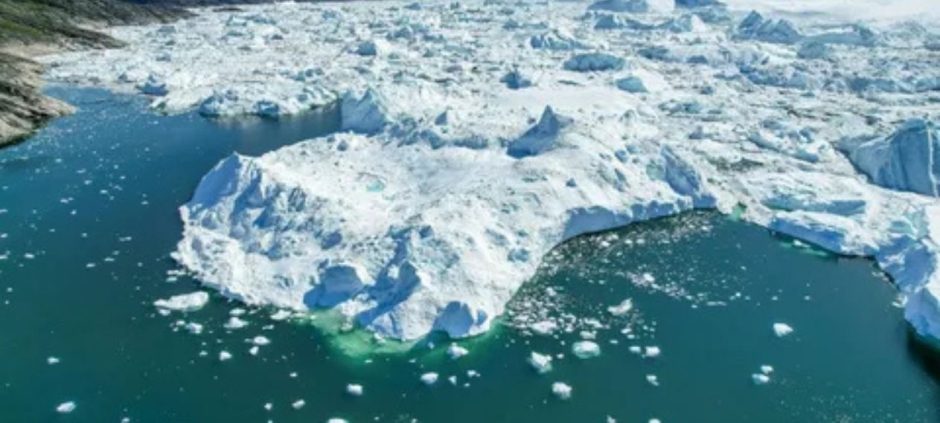Icelandic authorities have declared a possible Atlantic current collapse a serious security risk, warning that disruptions in the oceanic system could have far-reaching consequences for Europe and the North Atlantic region. Scientists have long monitored the Atlantic Meridional Overturning Circulation (AMOC), a crucial component of global ocean currents, but recent studies suggest its slowdown could trigger extreme weather, sea-level rise, and shifts in marine ecosystems.
Officials said the potential Atlantic current collapse is not just an environmental issue but also a national and regional security concern. “A failure of the Atlantic currents could disrupt fisheries, trade routes, and even energy systems dependent on stable climates,” an Icelandic government spokesperson stated. The country has called for increased monitoring and international cooperation to assess the risks and prepare mitigation strategies.
Experts warn that the slowdown of the Atlantic currents is linked to climate change, melting Greenland ice, and warming seas. If the currents weaken significantly, Europe could face harsher winters, unpredictable storms, and changes in rainfall patterns affecting agriculture and water supplies. The Atlantic current collapse could also accelerate coastal flooding and threaten infrastructure in vulnerable coastal areas.
Adding to Iceland’s environmental surprises, scientists recently reported mosquitoes appearing in the country for the first time ever, marking an unusual shift in local ecosystems and signaling broader climate impacts. This unexpected change highlights how warming trends and environmental instability can bring new threats to the region.
Iceland’s alert comes as part of a growing international effort to understand ocean currents as strategic assets. Researchers emphasize that monitoring the Atlantic current collapse is vital not only for predicting natural disasters but also for ensuring national and regional security. Governments across Europe and North America are reviewing their climate adaptation plans to respond to potential disruptions in these vital ocean systems.
The Atlantic current collapse continues to be a focal point for scientists and policymakers, as even modest changes in the system could have profound consequences for global weather, trade, and environmental stability. Iceland’s warning underlines the urgency of coordinated action and research to anticipate and mitigate these emerging threats.











